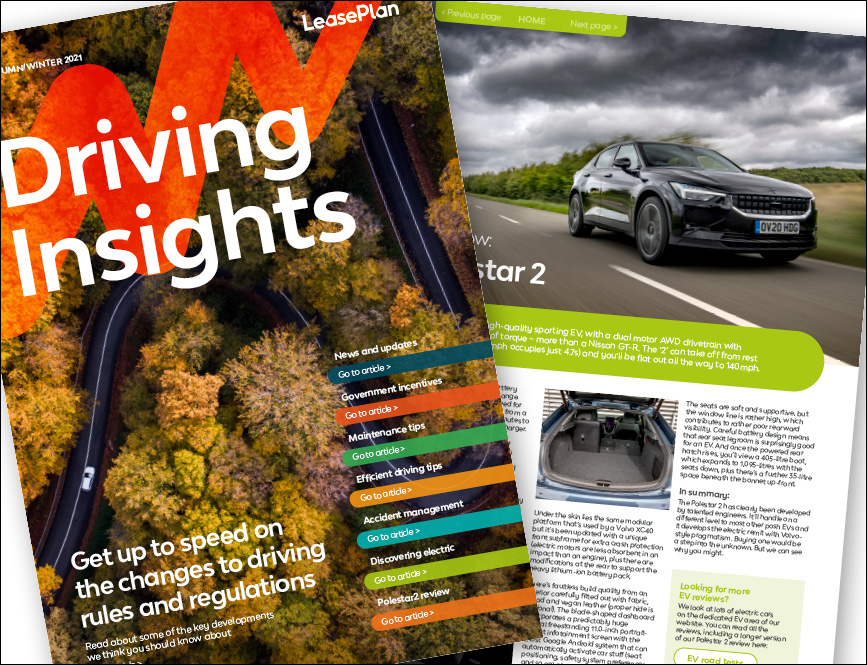At first glance, the average motorist will probably find quite a lot to like in the changes which the government has announced in the rules on parking.
Like so many other things the Westminster government gets blamed for, though – from potholes to library closures – it doesn’t really have anything to do with parking, and shouldn’t really even have a say in it. The regulations are drawn up, administered and enforced by local authorities.
But then again, Westminster always likes, in theory, the idea of local government and local accountability, until it realises that it always gets the blame for things that local government does. And local government is largely paid for by grants from central government.
According to Eric Pickles himself, the minister for Communities and Local Government who has set out these new rules, the UK has about the most centralised local government funding in the world.
Which is why Westminster, under any political party’s leadership, and whatever it says about “grass roots” or devolving power, can seldom resist telling councils what to do.
Take, for example, the new “right to petition” local councils on their parking policies. That may sound great, but every resident or business already has the right to petition anyone they want, including their local authority. What’s more, when it comes to local government, you have the right to remove them, too, if you can persuade enough people to vote that way.
Similarly, Mr Pickles is “reminding” councils that they can’t use parking charges and penalties as a way of raising revenue. But the rules already require local authorities to spend any money they make from parking fees on transport projects (that’s what pays, or should pay, for fixing the potholes). Given that English councils made £667 million in the last fiscal year from parking charges, it’s a wonder there are any potholes at all.
It may be a welcome nudge from central government, but it doesn’t actually change anything. Nor does the instruction that traffic wardens should give people ten minutes’ grace carry much weight. A BBC investigation two years ago claimed that, though they are prohibited by law from setting revenue targets and have strict guidelines, councils put pressure on civil enforcement officers (or the firms which employed them), and a number of them admitted to stretching the rules.
The real change in the rules is that councils won’t be allowed to use CCTV cars to issue automatic fines, except near schools, bus lanes and other specified no parking zones, and that parking adjudicators will get new powers.
Mr Pickles wants to get the credit for ending a “war on drivers”. But much of what he is introducing should already be standard. And if it isn’t, don’t blame him; blame your council.
It’s possible that these new guidelines will hold the councils’ feet to the fire a bit, and improve matter for drivers, by restraining the more zealous or draconian parking restrictions. But you may not want to hold your breath. The reason local government runs this sort of thing is that local residents are supposed to know what they want, and vote for people who will give it to them.
Unfortunately for the local government minister (and that job in itself is a sort of contradiction), if councils have the power to administer the parking rules, they still also have most of the power to ignore Westminster. If your local parking seems unfair, have a go at your local authority – but you didn’t actually need this new set of rules to do that.




